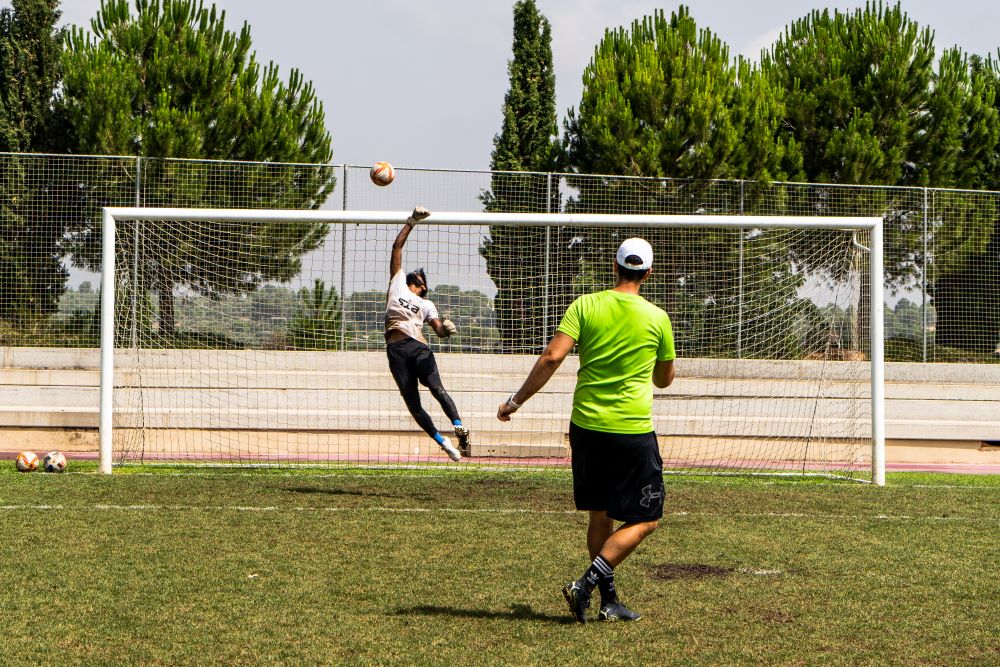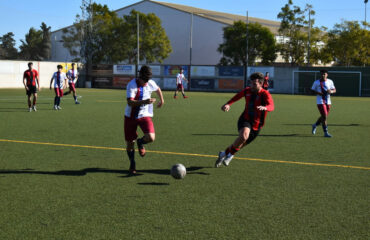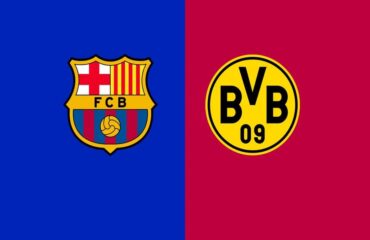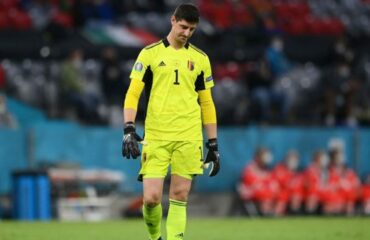Football goalkeepers play an essential role in the team by protecting the goal and preventing opponents from scoring goals. Their performance depends not only on their technical and tactical skills, but also on their physical preparation. A goalkeeper’s actions take place in a very complicated context, with a great variety of actions and very little time to execute.
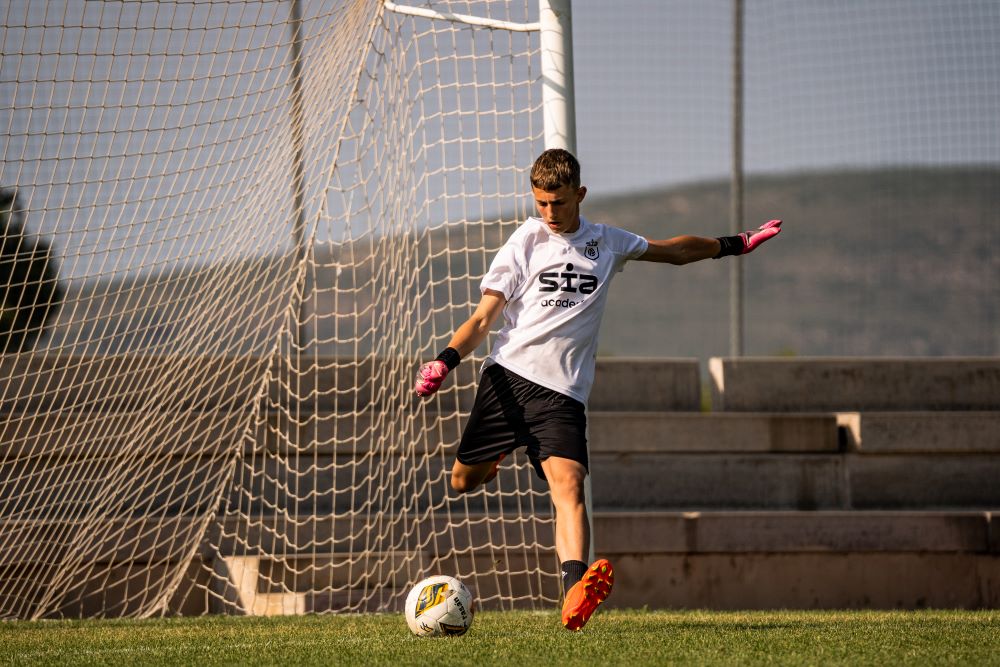
What does a goalkeeper need to have a correct physical preparation?
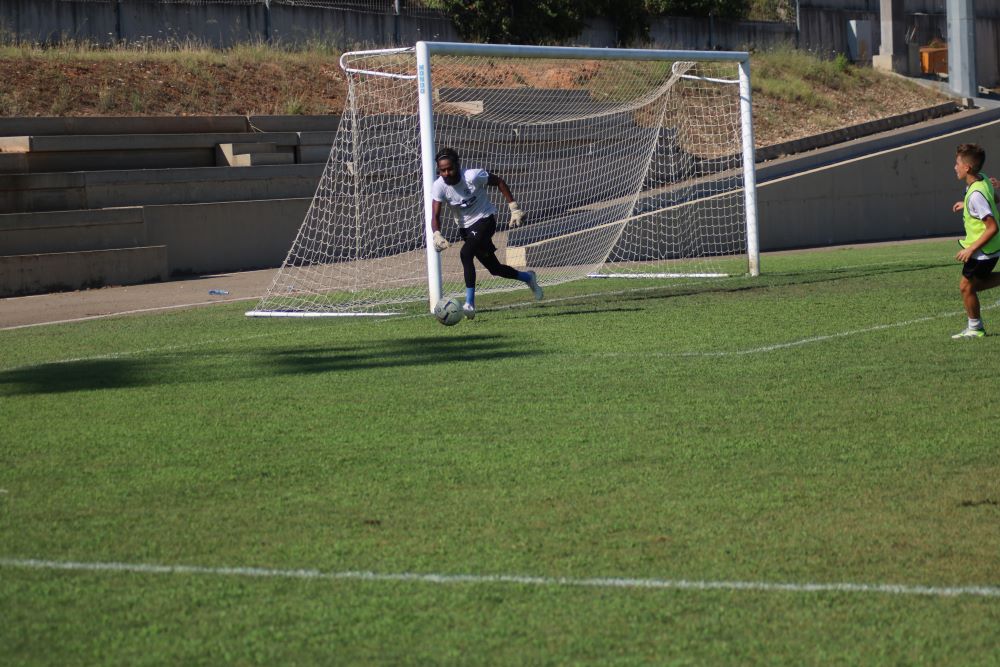
On a conditional level a goalkeeper needs:
Agility and Coordination:
Goalkeepers must have excellent agility and coordination to react quickly to shots and the unpredictable movements of the game. Drills involving changes of direction, lateral jumps and quick movements are essential to develop these skills.
Strengh:
Strength training is essential for football goalkeepers as it provides them with the power to perform explosive movements and the endurance to maintain a consistent performance throughout the match. It should be geared towards the different actions the goalkeeper will encounter in the match. Upper body and leg strength is crucial for goalkeepers as it allows them to dive and jump with power to catch or deflect the ball.
They will also work on specific movement strength, as this is essential for moving in different directions quickly and effectively.
Strength work in the gym and plyometric work will help to improve the goalkeepers’ explosive strength.
Flexibility:
Goalkeepers must have good flexibility in their joints and muscles to perform wide movements and stretch to reach the ball in difficult situations. Incorporating training to normalise their joint ranges and maintain good flexibility will be very important.
Reaction and Speed:
The ability to react quickly is essential for goalkeepers. Exercises that improve reaction times, such as catching balls thrown from different directions or responding to visual cues, can be beneficial.
Endurance:
Although goalkeepers do not run long distances like outfield players, they still need good cardiovascular endurance to maintain concentration and energy throughout the match. We will do some high intensity training sessions and specific endurance exercises to give them good specific endurance.
What coordinative skills should a football goalkeeper work on?
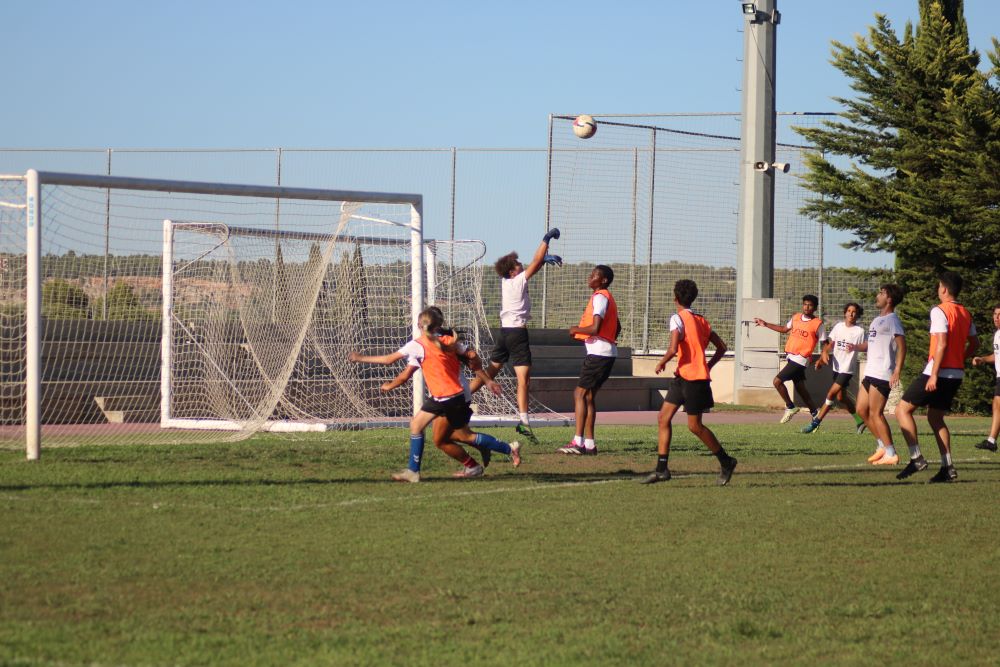
On the other hand, a football goalkeeper also has to work on the coordinative skills:
Saving Technique:
Hands and Arms: You have to train the correct position of the hands when catching or deflecting the ball. Train to keep the hands steady and in line with the ball to reduce the risk of bouncing.
Body Position: Work on maintaining a balanced stance and proper body alignment when facing a shot. Foot position and body lean are critical to making effective saves.
Aerial Outings:
Timing: To practise the proper timing to come out aerially and catch the ball in crosses and corner kick situations.
Jumping Technique: Develop an efficient jumping technique to gain height and distance when jumping to catch the ball.
Footwork:
Control and Distribution: Train precision footwork to clear, throw and distribute the ball accurately and quickly.
Playing with Defenders: Practice communicating with the defence and using footwork to strategise play and avoid dangerous situations.
Reaction and Agility:
Reaction Drills: Perform specific drills to improve reaction skills, such as responding quickly to changes of direction and deflections.
Agility: Incorporate agility drills involving changes of direction and lateral movements to improve the ability to move quickly around the goal.
Shooting and Deflection drills:
Long Distance Shots: Practise technique for tackling long distance shots and maintaining concentration on the ball in flight.
Deflections: Training to deflect balls away from goal in situations where it is not possible to catch the ball.
One-on-One situations:
Quick Closes: Simulate one-on-one situations with strikers to perfect quick closing technique and reduce the shooting angle.
Physical Duels: Practice how to maintain position and stability in physical duels with forwards.
Participation in the game:
Reading the Game: Develop the ability to read the game and anticipate dangerous situations, such as long clearances, counter-attacks and crosses.
Comunication: Work on effective communication with the defence to organise the defensive line and coordinate actions during the game.
Mentality and Concentration:
Concentration: Train concentration and mentality to stay focused throughout the game, even in moments of inactivity.
Pressure Management: Practice pressure management techniques to deal with high-stress situations, such as penalty kicks.
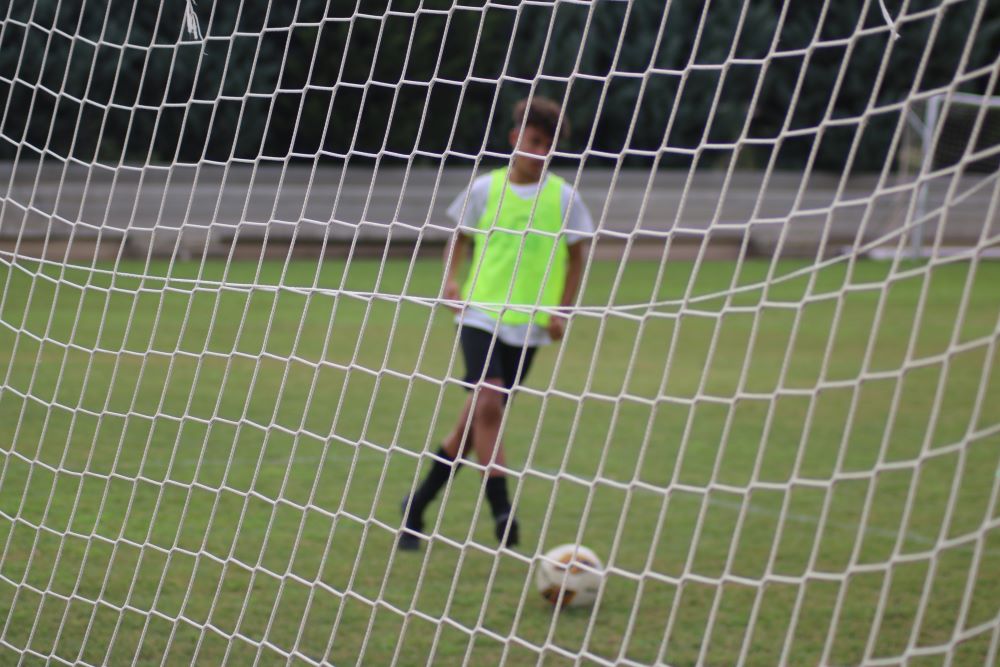
In summary, physical preparation is a fundamental part of a football goalkeeper’s training. By developing agility, strength, flexibility, reaction speed and endurance, goalkeepers can improve their performance on the field and increase their ability to meet the challenges of the game. A specific focus on physical preparation along with the right technical and tactical skills can make a goalkeeper a key element in any team.



